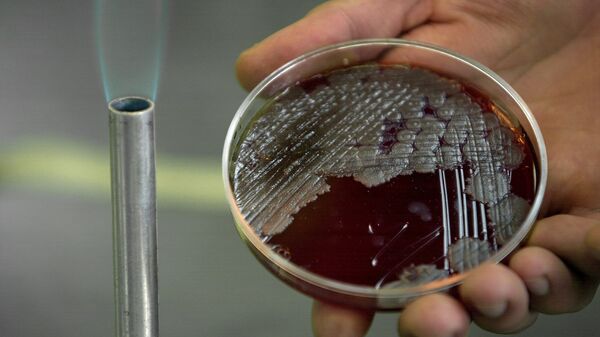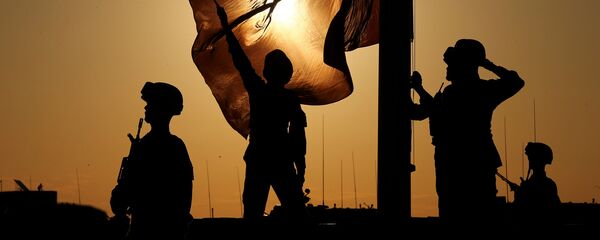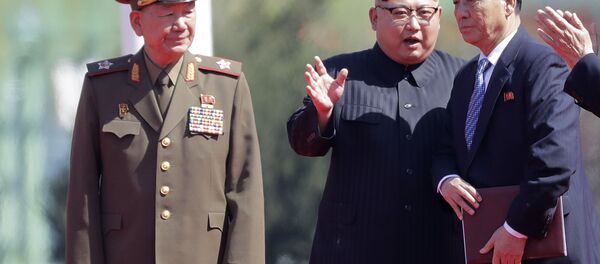It's not known whether the soldier was exposed to or vaccinated against anthrax, and the official did not specify which soldier of the four soldiers who parted ways with Pyongyang this year carried the antibodies. Soldiers defected from North Korea June 12, June 18, November 13 and December 20.
The unidentified soldier developed the immunity to anthrax prior to his defection, the official noted.
The news is causing concern in North Korea's southern neighbor as the bacterial illness can kill an estimated 80 percent of people who are exposed to the bacterium, UPI reported.
According to South Korean Defense Ministry spokesperson Choi Hyun-soo, Seoul has yet to obtain a vaccine for anthrax. It expects to have developed a vaccine for its military "by the end of 2019."
The discovery of the soldier's anthrax immunization follows a recent report from Japan's Asahi newspaper that suggests North Korea has begun to test loading anthrax onto the tip of its intercontinental ballistic missiles, the International Business Times reported.
Though the Democratic People's Republic of Korea addressed the issue and fully denied the notion, US President Donald Trump responded to the allegations in his first National Security Strategy report on December 19 by stating that Kim Jong-un's regime is "pursuing chemical and biological weapons which could also be delivered by missile."
For a second time, the North addressed the topic, but this time it was through the Institute of American Studies, an affiliate of the North Korean Foreign Ministry, which told the Korea Central News Agency that Pyongyang, in line with the 1972 Biological Weapons Convention (BWC), "maintains its consistent stand to oppose development, manufacture, stockpiling and possession of biological weapons."
"The more the US clings to the anti-DPRK stifling move, the more hardened the determination of our entire military personnel and people to take revenge will be," the statement added.
The BWC, which prevents the "development, production and stockpiling of an entire category of weapons of mass destruction," was signed by North Korea in 1987. Although it fails to ban the usage of biological and toxin weapons, it does reiterate the 1925 Geneva Protocols which prohibit their use.




